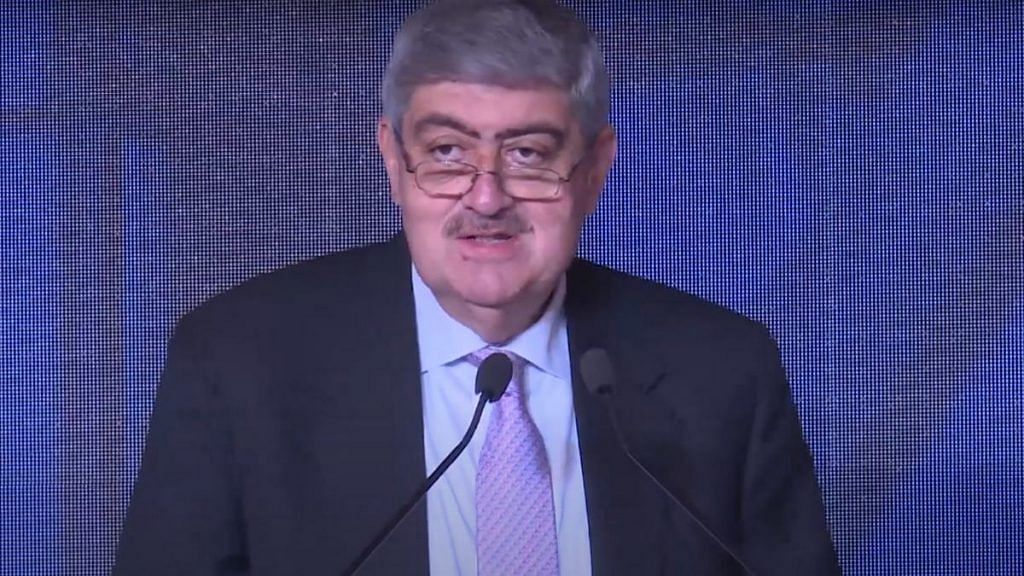New Delhi: Justice Sanjay Kishan Kaul of the Supreme Court Sunday called out the “imputations” being made against the judiciary, saying that it would “damage” the institution.
He also said people holding opposing views call each other ‘Modi bhakt’ or ‘urban Naxal’, adding both are equally intolerant.
“Criticism of a viewpoint or a judgment is not a problem, but when imputations and grading start being made, I think we damage the very institution,” Justice Kaul said in an online lecture on ‘Freedom of speech in times of Covid-19 — fake news and misinformation’, organised by the Madras Bar Association.
Justice Kaul’s comments came just three days after retired Supreme Court judge Madan B. Lokur wrote an article titled ‘Supreme Court deserves an F grade for its handling of migrants’, which was published two days after the Supreme Court took suo motu cognisance of the migrant crisis. Justice Kaul is also a part of the bench hearing the suo motu case.
In fact, during the hearing Thursday, Solicitor General Tushar Mehta had also submitted: “Some individuals have started giving grades that this would be a ‘B’ grade court, a ‘C’ grade court or an ‘F’ grade court. Unfortunately, people from our profession and that too certain learned people have started to do so.”
To this, the bench had remarked: “People who have been a part of this institution, if they think they can run down the institution, it is unfortunate.”
Justice Kaul said it was “unfortunate” that those who have been a part of the judiciary are now giving in to the old adage, “after me, the deluge”, which implies “since we (retired judges) are gone, everything is going wrong”.
“I will say that itself is a danger,” Justice Kaul said. “People in the past, who speak about it, also have committed many mistakes and blunders.”
Justice Kaul also said institutions should not be unnecessarily vilified, and a boundary needs to be maintained, “otherwise it becomes part of a disinformation which causes doubts on institutions and I don’t think that’s good for any system because if you mistrust every system then you don’t have a system, you have anarchy”.
Also read: Criticising govt not going to bring back the dead, don’t ‘politicise’ pandemic: Gujarat HC
‘Misinformation pandemic’
Asserting that the problem of fake news “is more dangerous than the coronavirus itself”, Justice Kaul said even prior to the Covid-19 crisis, “we had become intolerant of opinions that do not match with ours”.
“What is perceived as the middle path becomes the casualty. There are various shades of grey, it is not always black and white,” he said. “People who hold opposing views call each other as a ‘Modi bhakt’ or ‘urban Naxal’ etc… Often the section calling another as intolerant is itself also getting intolerant.”
Calling it a “misinformation pandemic”, Justice Kaul also called out the “mindless and incessant” forwarding of WhatsApp messages without verifying their correctness, and noted that a lot of times, such messages assume racial and religious overtones.
He, however, added that regulating social media to counter fake news may violate the freedom of speech and expression and the right to privacy, calling for people to take responsibility for any content that they send out.
Also read: India’s Supreme Court has a class bias and it takes whatever the govt says at face value
